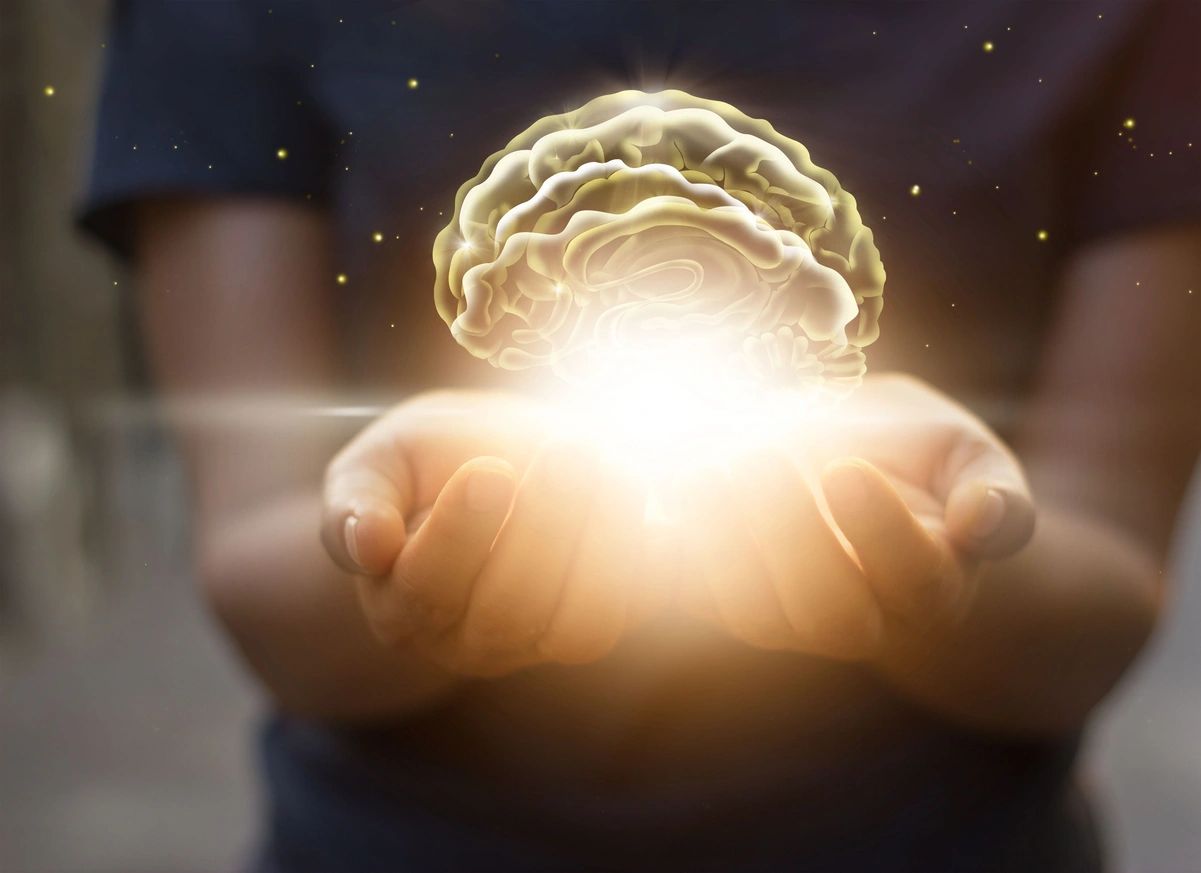How Science Has Grappled with Unlocking the Mysteries of the Human Brain
The human brain, often hailed as the most complex and enigmatic organ in the known universe, has long been a subject of fascination for scientists, researchers, and thinkers. Despite significant advancements in neuroscience, understanding the intricacies of this remarkable organ has proven to be a challenging and ongoing endeavor. In this exploration, we delve into how science, while making remarkable strides, has also faced its share of challenges in unraveling the mysteries of the human brain.
The Complexity Conundrum:
The human brain comprises approximately 86 billion neurons, each forming intricate connections that give rise to consciousness, thoughts, emotions, and memories. The sheer complexity of this neural network has left scientists in awe and often grappling with where to begin their quest for understanding.
Ethical Limitations:
Studying the human brain directly raises significant ethical concerns. Researchers must navigate intricate ethical frameworks when conducting experiments or investigations that involve human subjects, limiting the scope and depth of research in certain areas.
Technological Constraints:
While technology has made remarkable advancements, including functional MRI (fMRI) scans and brain-computer interfaces, the resolution and capabilities of current tools are still limited. Scientists continue to seek more advanced technologies to peer deeper into the brain’s functions and structures.
The Mind-Brain Duality:
The mind-brain duality conundrum has persisted for centuries. Scientists and philosophers grapple with the relationship between mental experiences and the physical processes of the brain. This philosophical debate adds complexity to the scientific pursuit.
Individual Variability:
The human brain exhibits incredible individual variability. No two brains are exactly alike, and this diversity makes it challenging to generalize findings or create a universal model of brain function.
The Unconscious and the Subconscious:
A significant portion of brain activity occurs at the subconscious and unconscious levels. Understanding and accessing these hidden layers of cognition remain challenging, as they often elude conscious observation and measurement.
Limitations in Studying Consciousness:
The study of consciousness itself is a profound challenge. Defining and measuring consciousness in a scientifically rigorous manner is a complex task, and many questions about the nature of consciousness remain unanswered.
Neurological Disorders and Mental Health:
While significant progress has been made in understanding neurological disorders and mental health conditions, there is still much to uncover. Conditions like Alzheimer’s, Parkinson’s, and various mental illnesses continue to present formidable challenges to researchers.
The Limits of Reductionism:
Reductionist approaches in neuroscience have yielded valuable insights by breaking down complex brain functions into simpler components. However, some argue that this approach may overlook emergent properties that are crucial to understanding the brain’s functioning as a whole.
The Role of Philosophy and Ethics:
The exploration of the human brain is not just a scientific endeavor; it is deeply entwined with philosophy, ethics, and questions about the nature of human existence. Balancing these aspects can be complex, sometimes leading to more questions than answers.
So, while science has made extraordinary progress in the field of neuroscience, the human brain continues to be a source of profound mystery and fascination. The challenges posed by its complexity, ethical considerations, and philosophical nuances ensure that the quest to unlock its mysteries remains an ongoing and multifaceted endeavor. As we journey forward, researchers and thinkers will undoubtedly continue to push the boundaries of our understanding, inching closer to unraveling the enigmatic workings of the human brain.





